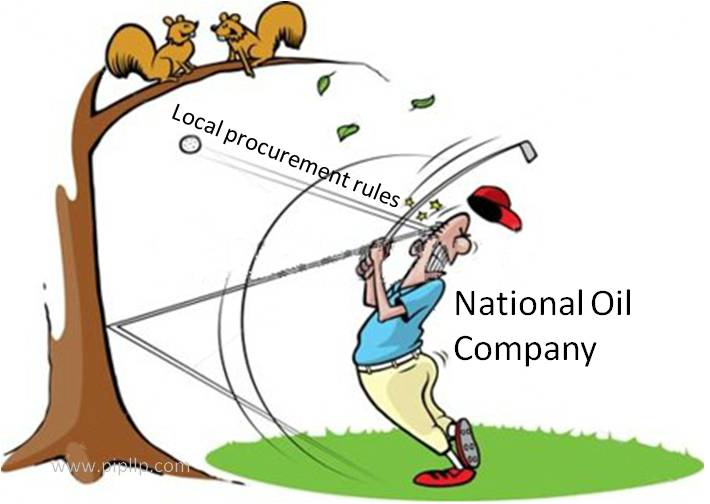
The news that Petrobras faces another lawsuit over its corruption scandal has put national oil companies (NOCs) under the spotlight, and not in a good way.
Of course this is an extreme example of what can go wrong when governments run major commercial enterprises. Corruption aside, the Brazilian Government, probably had the best of intentions when it introduced fuel controls as a subsidy for the Brazilian people. Unfortunately, this meant there was less money for refining, leading to missed production targets.
In a similar way, the legislation by which NOCs are bound is intended to protect countries’ interests. But there are disadvantages to this approach. In particular, the requirement for lump-sum bidding for major projects tends to create long schedules and therefore cost overruns, whereas international oil companies have a much more flexible system, enabling projects to be delivered quickly and more cost-effectively. Continue reading…